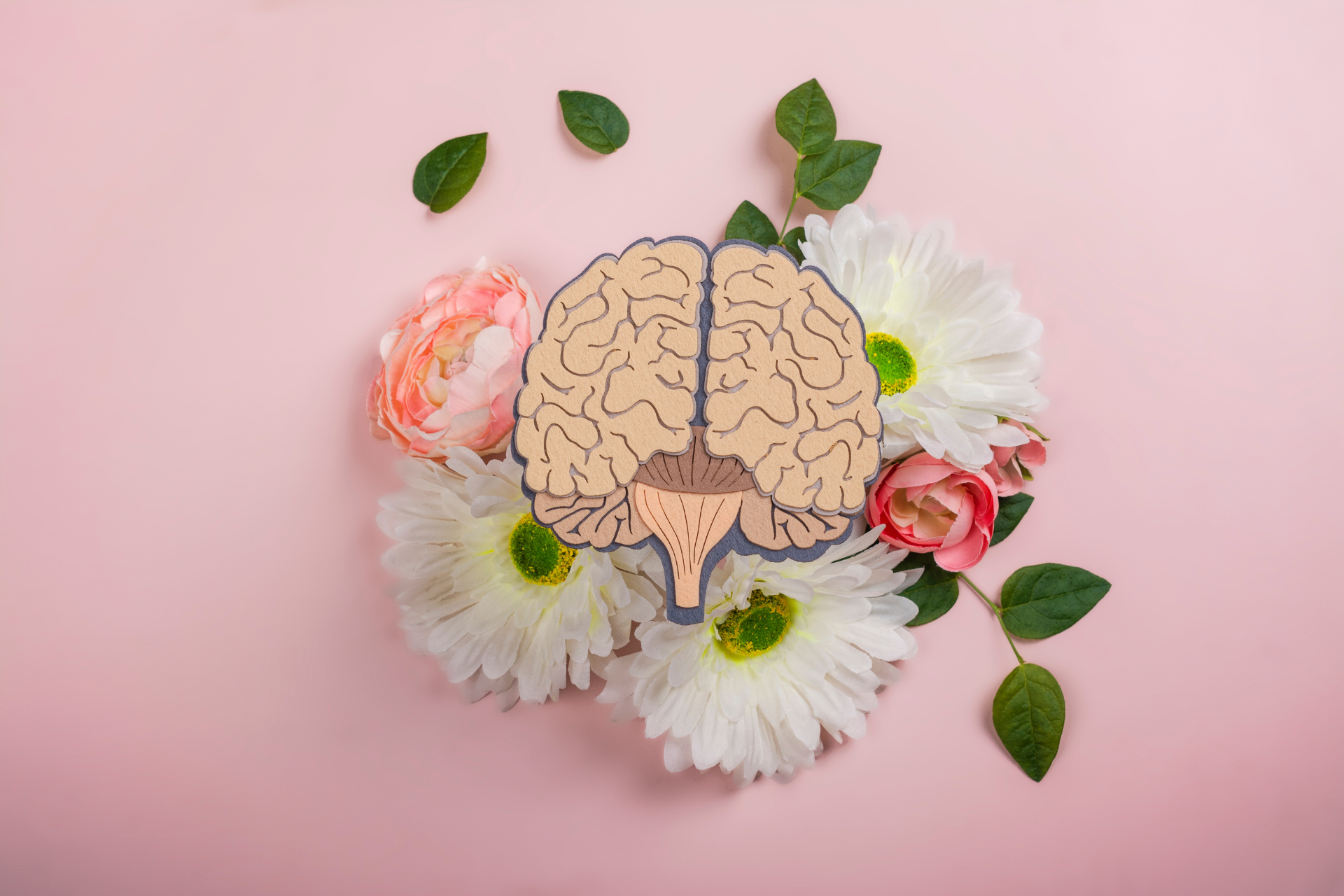Mental Health Services and Their Impact on Communities
Key Takeaways:
- Mental health services are essential for individual and community well-being.
- Investing in mental health can lead to stronger, more resilient communities.
- By reducing stigma, preventing crises, and promoting economic stability, mental health services contribute to a better future.
- Everyone can play a role in supporting mental health, whether through donations, volunteering, or simply spreading awareness.
Mental health services play a crucial role in shaping the well-being of individuals and communities. By providing essential support and treatment, these services empower people to overcome mental health challenges and lead fulfilling lives. When communities prioritize mental health, they foster stronger social connections, improve overall health outcomes, and create a more compassionate and inclusive environment.
The Importance of Mental Health in Community Well-Being
Mental health is an integral part of overall well-being, affecting our thoughts, feelings, and behaviors. When individuals struggle with mental health conditions, it can impact their relationships, work performance, and overall quality of life. By addressing mental health needs, communities can reduce the challenges communities face as a whole from mental illness and promote resilience. Mental health services provide a safety net for those experiencing difficulties, offering hope and the tools to recover.
Healthy mental well-being empowers individuals to become active citizens, participating in civic engagement and advocating for positive change.
Strengthening Communities Through Mental Health Services
Investing in mental health services is an investment in the future of our communities. By supporting organizations that provide mental health care, we can help to:
- Reduce stigma: Mental health stigma can prevent people from seeking help, leading to worsening conditions and isolation. By raising awareness and promoting understanding, we can break down barriers and encourage open conversations about mental health.
- Prevent crises: Early intervention and ongoing support can help to prevent mental health crises, such as suicide attempts and substance abuse. By providing timely access to care, we can save lives and reduce the strain on emergency services.
- Promote economic stability: Mental health conditions can significantly impact employment and productivity. By addressing mental health needs, we can help individuals to maintain employment and contribute to the economy.
- Build stronger relationships: Mental health services can help individuals to develop healthy coping mechanisms, improve communication skills, and build stronger relationships with family, friends, and colleagues.
- Foster a more compassionate community: By prioritizing mental health, we can create a more compassionate and inclusive community where everyone feels valued and supported.
By working together, we can make a difference in the lives of those affected by mental illness. Consider donating to local mental health organizations like Friends of ASH, volunteering your time, or simply spreading awareness about the importance of mental health. Together, we can build stronger, healthier, and more compassionate communities.
Friends of ASH is a non-profit organization dedicated to supporting Austin State Hospital and its patients. They are committed to improving the quality of life for individuals with mental health challenges. Friends of ASH is currently organizing two community events: a 5K Bunny Run/Walk to raise funds for patient programs and an Art Show exhibited patient art. Visit our website at www.firendsofash.org to learn more!
FAQs
- What are the signs of poor mental health? Signs of poor mental health can vary from person to person, but common symptoms include persistent sadness, anxiety, difficulty concentrating, changes in appetite or sleep patterns, and feelings of hopelessness. If you or someone you know is experiencing these symptoms, it's important to seek professional help.
- How can I support someone with mental health challenges? The best way to support someone with mental health challenges is to be patient, understanding, and non-judgmental. Encourage them to seek professional help, offer to accompany them to appointments, and simply be there to listen. Avoid minimizing their feelings or offering unsolicited advice.
- Where can I find mental health resources in my community? To find mental health resources in your community, you can contact your primary care physician, local mental health clinics, or community health centers. You can also search online for mental health resources in your area or call a mental health hotline for immediate assistance.
All Rights Reserved | Friends of Austin State Hospital
Website by EGS Marketing Solutions
All Rights Reserved | Friends of Austin State Hospital
Website by EGS Marketing Solutions
All Rights Reserved | Friends of Austin State Hospital











